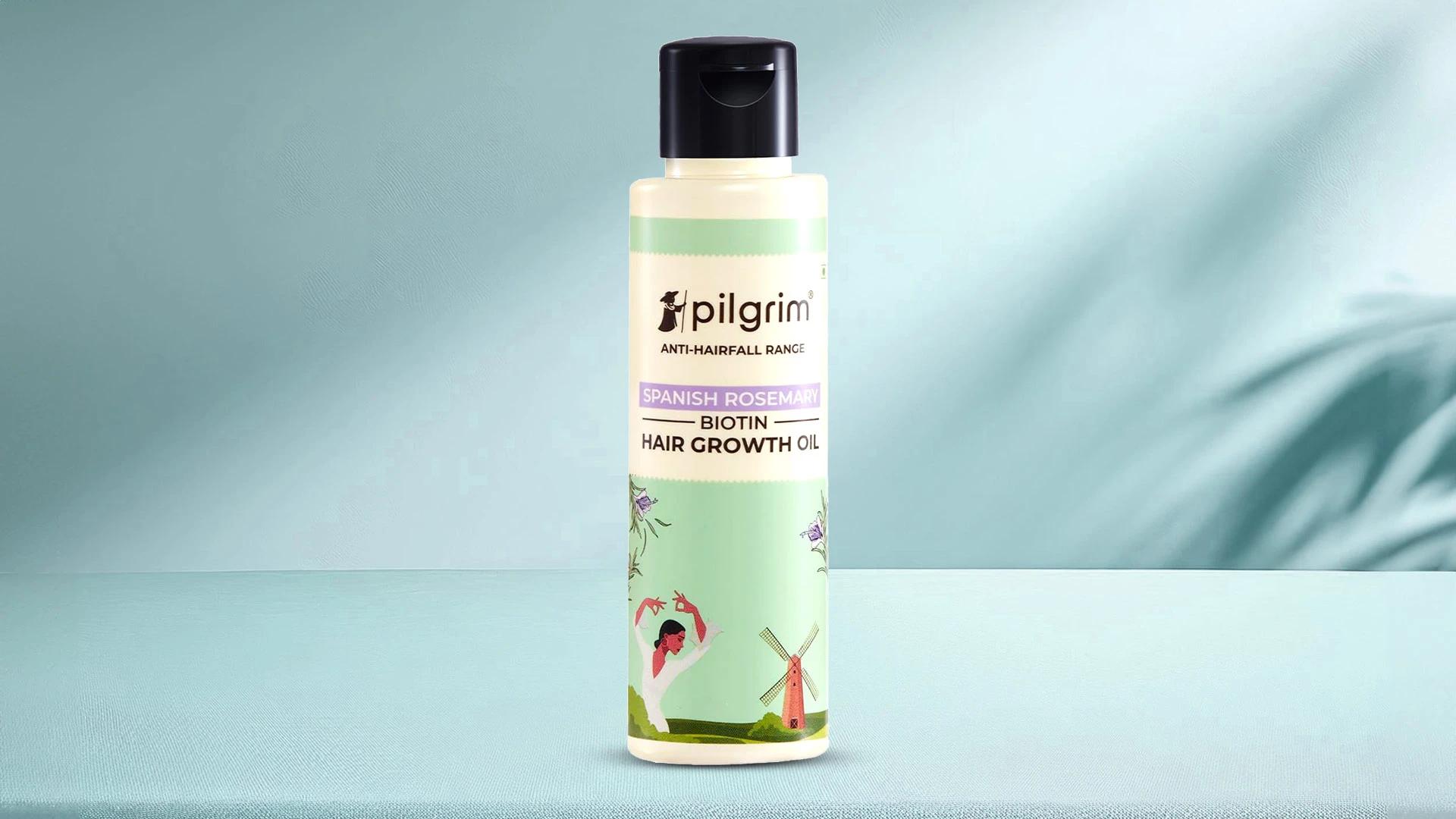Your scalp is basically the soil where your hair grows, so keeping it healthy is crucial. Scalp health supplements often contain anti-inflammatory ingredients like turmeric or green tea extract. A healthy scalp means better blood flow to hair follicles, which equals stronger, faster-growing hair.
How to Choose the Right Hair Growth Tablets
Picking the right supplement isn't just about grabbing the one with the fanciest packaging or the longest ingredient list. Start by thinking about your specific needs—are you dealing with postpartum hair loss, stress-related thinning, or something that runs in your family? Your age, diet, and any medications you take all matter too.
Always read the label properly. Look for third-party testing certificates, which means an independent lab has checked that what's on the label is actually in the bottle. Check the dosages against recommended daily amounts—more isn't always better, and some vitamins can be harmful in large doses. If you're vegetarian or vegan, make sure the capsules themselves are suitable for your diet.
Proper Usage and Expectations
Here's the thing about hair growth tablets—they're not magic pills that'll give you rapunzel locks overnight. Most supplements need to be taken consistently for at least three months before you'll notice proper changes. This is because your hair grows slowly (about half an inch per month), and it takes time for new, healthier hair to replace what's already there.
Take your supplements with food to avoid tummy troubles, and stick to the recommended dose on the packet. Side effects are usually mild but can include upset stomach, headaches, or skin changes. If you're pregnant, breastfeeding, or taking other medications, definitely check with your doctor first.
Complementary Haircare Practices
Whilst supplements work from the inside, supporting them with good external habits makes everything more effective. Eating a balanced diet with plenty of protein, healthy fats, and colourful vegetables gives your hair the best foundation. Regular scalp massages boost blood flow, and using gentle, sulphate-free shampoos prevents unnecessary damage.
Stress management is huge too—chronic stress can push hair follicles into the resting phase early, leading to increased shedding. Whether it's yoga, meditation, or just making sure you get enough sleep, taking care of your overall wellbeing shows up in your hair.
Frequently Asked Questions

